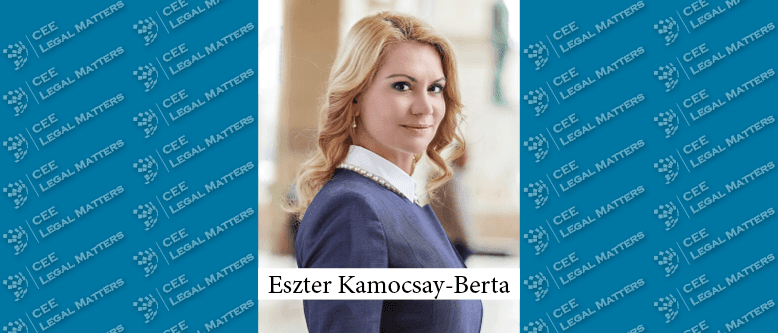The Central Bank of Hungary (MNB) has announced a new program, for the purpose of providing capital requirement benefits to those credit institutions based in Hungary that offer so called green loans for energy efficient housing goals (purchase, building or refurbishment) between 1 January 2020 and 31 December 2023. During this time period, these credit institutions will receive capital requirement benefits (5 to 7% depending on the energy efficiency of the related property) after the provided green loans, and the customers taking out these loans are eligible for lower, discounted rates.
The main purpose of this program is promoting climate-friendly financial products and improving the energy efficiency of properties. This can prove to be a beneficial practice, especially since credit institutions typically do not take the energy efficiency of the buildings into account during the loaning process, despite the fact that energy efficient (green) properties have lower monthly expenses. Due to the lower monthly overhead to be paid after the given property, customers are able to pay higher monthly instalments, while energy efficiency investments can increase the value of the property. As a result of the above, these green loans will have lower risk than their similar, but not green counterparts, which can be taken into account when pricing these green loans.
It is an interesting fact that currently about one third of personal loans are used for home renovation purposes, but a significant part of these renovations will not result in improved energy efficiency since these are mostly aesthetic corrections or bathroom refurbishments. According to statistics, domestic houses are responsible for 40% of the national energy consumption in Hungary. This high ratio is due to the obsolete building materials with low thermal insulation values and deteriorating conditions built into existing houses together with the outdated heating appliances. Upgrading and exchanging these machines and materials can be ideal for realizing savings, while the reduction of energy consumption can be a big step toward sustainability and environment consciousness.
The volume of green financial products in Hungary, despite their favourable characteristics, is still low. Public awareness of the climate change and the environmental issues is currently inadequate and many government and education tasks remain to be done. It is the task of the Central Bank to strengthen the financial culture by placing these environmental considerations and the development financial awareness to the forefront. To increase consumer appreciation and demand, education programs will be organized. At the end of the initial 4 year period, the Central Bank will evaluate the experiences and will decide whether to continue the program or not. If the program proves to be successful, the Central Bank will promote the development of the domestic green financial market in additional areas beyond housing loans, such as small-medium size enterprises and corporate loans.
By Eszter Kamocsay-Berta, Managing partner, KCG Partners Law Firm

